Projects
Featured projects
-
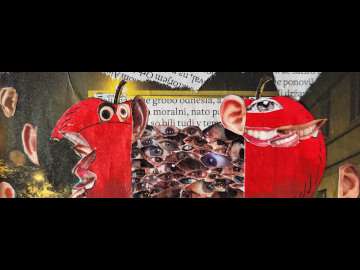
Affective Media: Transformations of Public Communication
The study examines the “affective turn” in the media which has marked a series of changes, ranging from the digitalisation of newsrooms and new forms of employment to the...
-
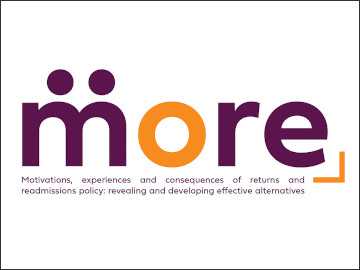
Motivations, experiences and consequences of returns and readmissions policy: revealing and developing effective alternatives (MORE)
The project will examine when and why alternative approaches are or have been implemented and why they have not become the main response to cases of administrative irregularities among...
-
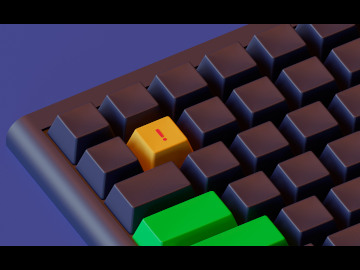
Analysis of online hate speech and disinformation in Slovenia and development of a proposal for action
Identifying and understanding the phenomena of disinformation and hate speech and other forms of socially unacceptable discourse; and developing appropriate indicators, an index or a model for continuous monitoring.
-
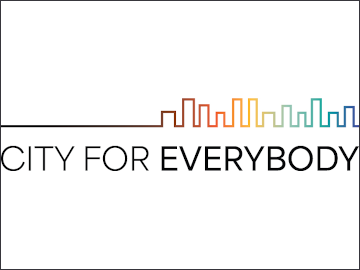
City for Everybody – Building Responsible Action for Inclusive Local Communities (CIFER)
To increase the motivation and readiness of local, educational and NGO communities to respond and intervene in cases of racism, xenophobia and intolerance.
-

FIERCE – Feminist movements revitalizing democracy in Europe
The project’s main goal is to provide theoretical and practical knowledge and tools to revitalize alliance among feminist movement, civil society and political decision makers.
-
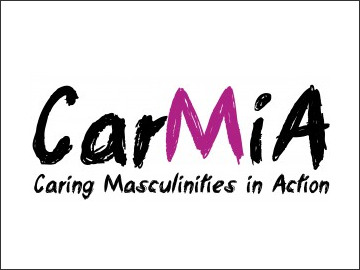
Caring Masculinities in Action (Carmia)
The project deepens existing and develops new perspectives in the Peace Institute's research and activist work on gender equality and masculinity.
-
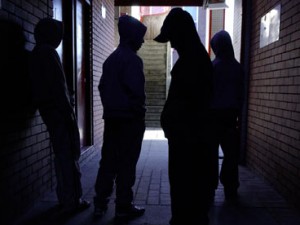
STAMINA – Formation of Non-Violent Behaviour in School and Leisure Time Among Young Adults from Violent Families
Gender | Project duration: -The aim is to explain the reasons for dissimilarities in violence behaviour among pupils.
-
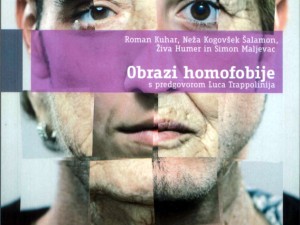
Citizens in Diversity: A Four-Nation Study on Homophobia and Fundamental Rights
Gender, Human Rights and Minorities | Project duration: -General aim is to enhance the understanding of the European dimension of homophobia and discrimination of gays and lesbians.
-
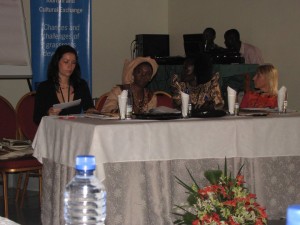
NWC sustainability – socioeconomic engagement and poverty reduction in local community Nyamirambo in Kigali
Gender, Human Rights and Minorities | Project duration: -The project is a meaningful upgrade of the project “Nyamirambo (Kigali) Women’s Centre development.
-
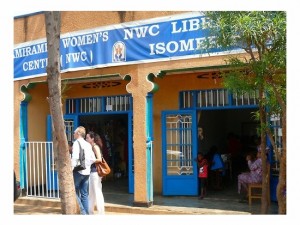
Empowering Nyamirambo Women’s Center
Gender, Human Rights and Minorities | Project duration: -The purpose of the action is the strategic empowerment of Nyamirambo Women’s Center (NWC) to become self-sustainable in long-term.
-
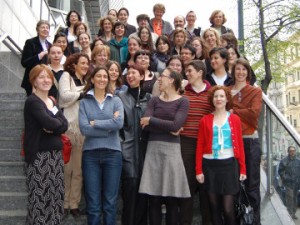
QUING: Quality in Gender+ Equality Policies
Gender | Project duration: -The research project “Quality in Gender+ Equality Policies (QUING)” tackled these issues to provide the knowledge for inclusive gender+ equality policies.
-

Informal Reproductive Work: Trends in Slovenia and EU
The project focuses on informal paid domestic work in Slovenia.
-
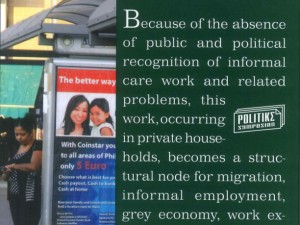
Changing Social Organization of Care and its Implications for Social Politics
Gender | Project duration: -Europe is experiencing a revival of paid domestic and care work in private homes in the areas of child care, elderly care and household maintenance.
-
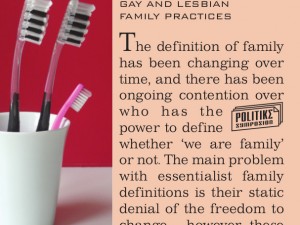
LGBT – Families: The New Minority?
Gender | Project duration: -The seminar was part of the Peace Institute's efforts to promote active citizenship in relation to the concept of intimate citizenship.
-
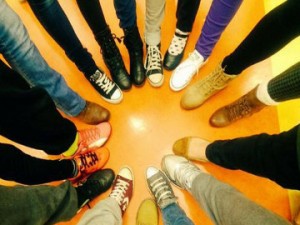
PeerThink – Promotion of Intersectional Approach in Education Against Peer Violence
Gender | Project duration: -peer violence in its roots and appearances depends on affiliations to social groups, which can be described and differentiated by the structural categories of gender, ethnicity and class.
-
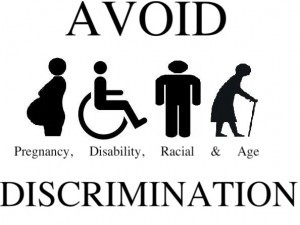
Effects of Discrimination on Societal, Political and Social Inclusion of Young People in Slovenia: An Analysis on the Basis of Gender, Sexual Orientation and Ethnicity
Gender, Human Rights and Minorities | Project duration: -Improvement of the anti-discriminatory policies in the fields of social protection, reduction of social exclusion and prevention of discrimination.
